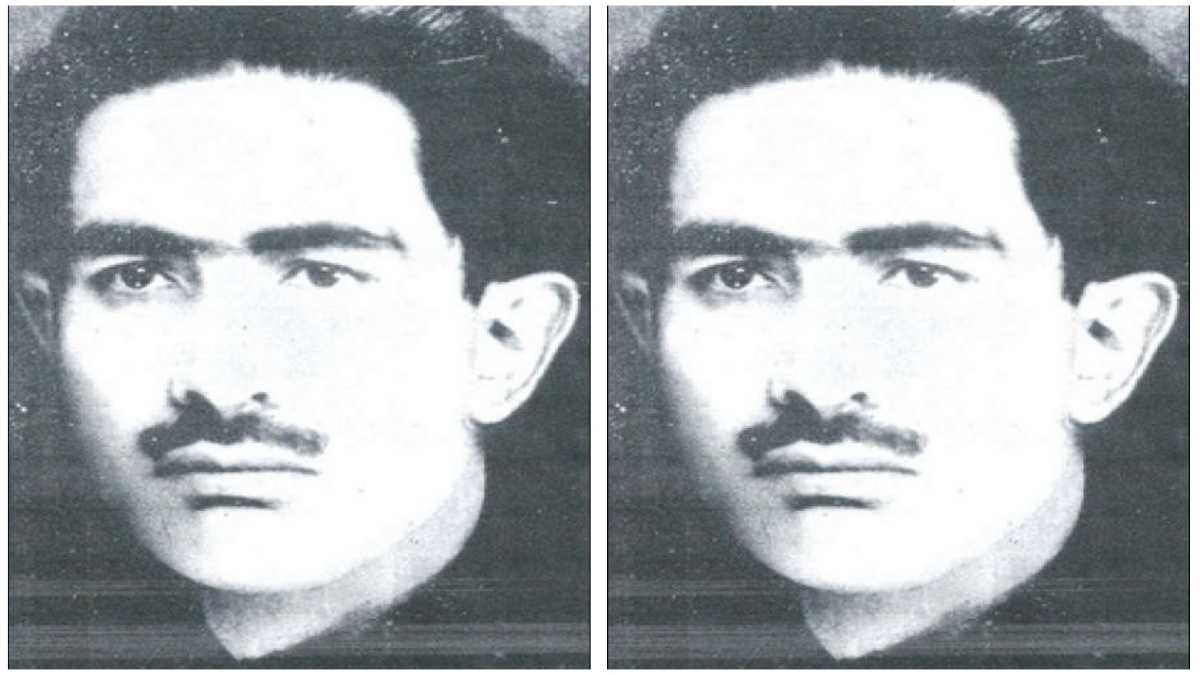


In 1947, India became independent from the clutches of British oppressive regime after centuries of struggle. Nevertheless, the dawn of independence arrived in the form of fragmented and divided India into princely states. With the wounds of its partition, India got involved in national integration. Gradually, discussions of various levels started taking place on the joining of all the princely states with India. In the north was the princely state of Jammu and Kashmir— the largest principality in the subcontinent in terms of area. Although the trickle down effects partition affect the state, comparatively the situation was under control here. Perhaps no one here had any idea what was going to happen next.
According to the British conditions, Jammu and Kashmir, like all princely states, was to be merged with either India or Pakistan. At the same time, there was constant correspondence between Jammu and Kashmir and Delhi. The news of India and Jammu and Kashmir coming closer through the exchange of business letters was not liked by the Prime Minister of Pakistan, Muhammad Ali Jinnah and as a result he sent his army to invade the princely state and ordered them to take possession of the region. Soon after, the Pakistani army and Pashtun tribesmen attacked the princely state. The attackers simultaneously attacked Jammu, Kashmir, Ladakh and Gilgit to conquer their imperialistic ambitions. During this, the attackers were moving towards the capital Srinagar, committing murder, rape and plunder. Unable to stop the attack, the princely army and the rapidly deepening crisis, the Maharaja sought India’s help. At the same time, the people of the princely state were terrorized from the invasion. Meanwhile, a 19-year-old young man showed indomitable courage, which no one else of this age would even think of doing. That young man was Maqbool Sherwani. Without caring for his life, he went straight to the attackers.
It was October 22, 1947, when Pashtun tribesmen were looting in Baramulla district of Kashmir. Maqbool Sherwani met the attackers without fear and instructed them not to proceed. He lied to the tribesmen that the Indian army had come in the area of Baramulla and that further advance could be dangerous. His lie worked and the attackers stayed in Baramulla for four days. Meanwhile, on 26 October 1947, Maharaja Hari Singh, the King of Jammu and Kashmir, signed the Instrument of Accession with India, with which Jammu and Kashmir became an integral part of India forever. Now the security of the state was the responsibility of India, under this, the very next day after the merger, the Indian Army reached Srinagar and took control of the areas again after freeing them from the invaders.
This effort of Maqbool Sherwani had the effect that the enemy could not reach the capital Srinagar and the Maharaja and the Indian army got four precious days. Sadly, Maqbool was taken hostage by the enemies on 7 November 1947. There was great anger among the attackers that a young man had fooled the entire army of the tribesmen and defeated their purpose. The tribesmen gave him many inhuman tortures. After asking several times about the position of the Indian Army, the tribesmen hung Maqbool Sherwani on two high poles after not responding and refusing to raise the slogan ‘Pakistan Zindabad’. They hammered nails into his body and cut off his head. When the Indian army reached Baramulla after eliminating the attackers hiding elsewhere, his body was hanging on the same pillar. During the investigation, fourteen bullet marks were found on his body, and according to the local people, his body was in this condition for two days. Indian Army cremated Maqbool Sherwani with full military honors at Baramulla Mosque.
The Indian Army celebrates the arrival of its first troops in the state as ‘Infantry Day’ every year. On this day high officers of the army pay tribute to this brave citizen. Apart from this, in the year 2004, the army also constructed Sherwani Community Hall in the city center in the memory of this warrior. It is said that just before Partition, when Jinnah was justifying his Two Nation Theory in a meeting in Baramulla, Maqbool Sherwani and his supporters protested fiercely, resulting in Jinnah having to interrupt his speech. It is said that Jinnah had to get down from the platform.
The power to make supreme sacrifice for the country at a young age belongs to great young men like Khudiram Bose, Shaheed Bhagat Singh— only a few revolutionaries in history. And we can count Sherwani among them. He impressed everyone with his valor. If Jammu and Kashmir is the crown of the land of India today, then a big contribution in this came from the brave efforts of Shaheed Maqbool Sherwani, who dedicated his life full of immense possibilities in realizing the dream of a strong India.